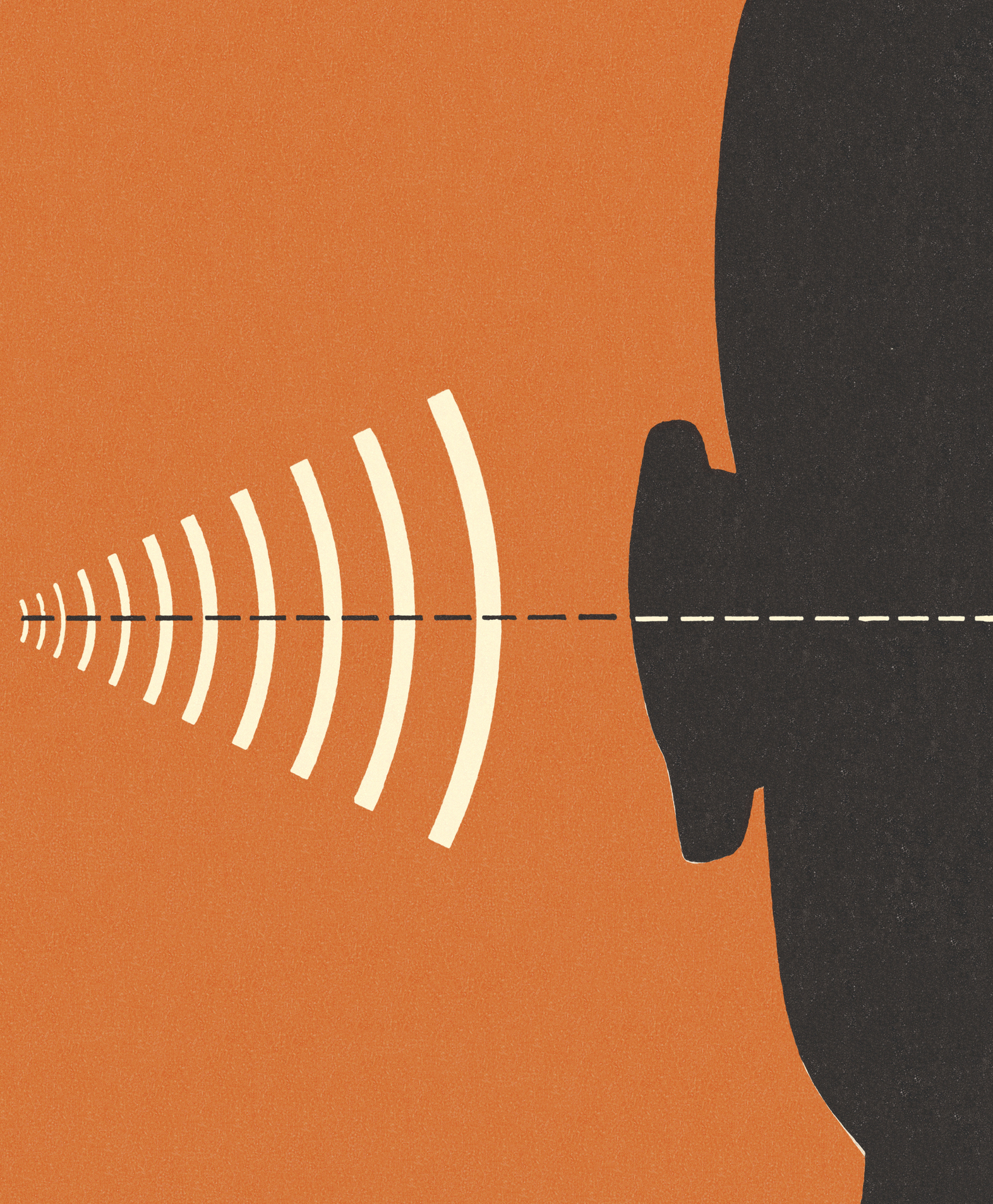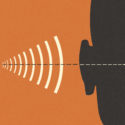
Effective communication isn’t just about what you’re saying. Often, it’s more about how well you’re listening.
In fact, listening is one of the most important skills we can develop in our professional and personal lives. So why is it that we place so much importance on having good “communication” skills and not nearly enough on having good listening skills?
Below are a few tips on being a better listener that are well worth revisiting. And I share these, not as an expert listener, but as someone who can always use a refresher on how to improve my listening skills.
When you listen, just listen.
American author and educator Stephen R. Covey wisely said, “Most people don’t listen with the intent to understand; they listen with the intent to reply.”
If you just experienced a small wave of guilt, welcome to the club. Being a good listener requires you to be fully present in the conversation. Resist the temptation to interrupt or jump in with a solution—no matter how brilliant what you have to say might be. Just be present in the moment and listen fully to what the other person has to say.
By listening attentively, you may be giving the other person the opportunity to talk through the problem out loud and arrive at his own solution. There really is some truth to, “you’ve helped just by listening.”
Ask questions to gain insights.
You’ve probably done this yourself at one time or another. You’re at lunch with a colleague who’s telling you about a recent trip she took. You jump in with, “We went there two years ago. Did you eat at ABC Restaurant? They have the best…”. Suddenly, the discussion shifts to how hard it is to make reservations during peak season, how bad the service was at another restaurant, and why rhubarb pancakes will never be a thing.
Without meaning to, you’ve high-jacked the conversation, and it never does get back to her original topic. All too often, our questions lead the person we’re talking to in directions that they didn’t intend. Stick to questions that provide greater insight into what the speaker is saying or prompt her to tell you more. “What was that like?” “How did that make you feel?”
Make eye contact and give regular feedback.
Multi-tasking is a great skill, but not when someone is talking to you. If you’re sneaking glances at your computer screen or looking past the speaker to scan the room, you’re sending a clear message that he doesn’t have your full attention.
Focus your attention fully on the speaker by making eye contact and providing feedback through your comments and body language. “I can see how much that meant to you.” “What a great idea that was!” Nodding or showing your understanding through appropriate facial expressions—even a well-timed “uh huh”—helps reassure the speaker that you’re following his train of thought and interested in what he has to say.
Connect with the feelings and needs of the speaker.
If you feel happy when the person talking expresses happiness, sadness when she’s sad, or fearful when she is telling you about a frightening situation that happened to her, conveying those feelings through your facial expressions helps reassure the speaker that you’re in the moment and she has your full attention.
Empathy is an important part of being a good listener. It’s not always easy, because it requires energy and concentration. But by putting yourself in the other person’s place and feeling what it was like to be her at that point in time, you open the door to really good communication.
Invest the time and effort in becoming better at listening and conversing.
This Ted Talk, “10 ways to have a better conversation”, by writer and radio host Celeste Headlee is not only one of the best videos I’ve seen on the subject—it’s also funny and entertaining. Take a few minutes to watch, laugh and learn.




